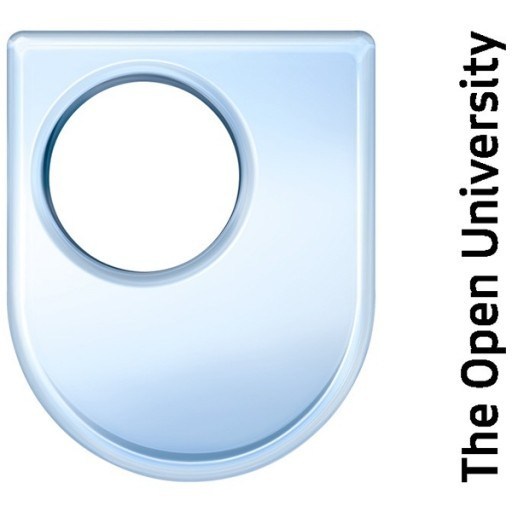Photos of university / #oxford_uni
The Global and Imperial History programme offers a nine-month introduction to postgraduate research. It is open to all students who wish to focus on the history of the Middle East, Africa, South Asia, East Asia, Australasia or the Americas (excluding the US), and who would like to explore global perspectives. It can be taken either as a free-standing degree, or as the first step towards one of the research degrees of MLitt or DPhil.
The programme encourages students to develop intellectual and practical familiarity with advanced research in the global history of the Middle East, Africa, South Asia, East Asia, Australasia, and the Americas (excluding the US).
Global and Imperial history in this context implies transoceanic and transcontinental connections, comparisons, and exchanges between cultures, polities and societies. It also examines broad patterns and systems in history, whether religious, political, economic, cultural or ecological. Global history, in other words, is history with a global scope (often including European dimensions) that emphasises comparative perspectives. It is not merely the self-contained history of places outside Europe. Students are not expected to master the histories of multiple regions, but to use a global approach to cast light on their own research area.
The course comprises:
Historical methodology class
- Concepts and Themes in Global and Imperial History
Advanced Option
This paper is taught in weekly classes during Hilary Term (and is assessed by two extended essays of up to 5,000 words).
- Empires in Global History, 1750-2000
It is complemented by the following tutorial streams for further in-depth study (please note that not every tutorial stream will be available each year, and that they are subject to change):
- Settler Worlds
- The Cold War in Sub-Saharan Africa
- History and historiography of Modern China
- Modern Transitional Intellectual History of Japan
- History of Muslim Societies
- Crises of the Indian Republic, 1977-2008
- Societies and Economics in India, c.1600-1800
- Gender in Indian History and Society, c.1800 to the Present
- Economy and Society in Colonial Africa, c.1880-1960
Dissertation
A dissertation of up to 15,000 words on an agreed topic. The dissertation is submitted during Trinity Term, but students will begin to formulate and plan their dissertation in conjunction with their supervisors from the beginning of the course.
Applicants are normally expected to be predicted or have achieved a first-class or strong upper second-class undergraduate degree with honours (or equivalent international qualifications), as a minimum, in a relevant discipline in the humanities or social sciences.
For applicants with a degree from the USA, the minimum GPA sought is 3.75 out of 4.0.
Applicants are normally expected to have a previous degree in history, but for master's applications a number of candidates will be accepted without. You will need to ensure that you link your proposed dissertation topic with your previous expertise when you present it in your research proposal, or that you explain why you want to switch to study history, and to show that you have already done some background research into it. Your submitted written work should show your writing and research skills in their best light, as it will be important to show that you have the necessary skills required for historical research.
If you hold non-UK qualifications and wish to check how your qualifications match these requirements, you can contact the National Recognition Information Centre for the United Kingdom (UK NARIC).
No Graduate Record Examination (GRE) or GMAT scores are sought.
- Official transcript(s)
- CV/résumé
- Statement of purpose/personal statement:500 to 1,000 words, typically two to four pages double-spaced
- Written work:Two essays of 2,000 words each or one essay of 4,000 to 5,000 words
- References/letters of recommendation:Three overall, generally academic
ENGLISH LANGUAGE REQUIREMENTS
Higher level
|
Test |
Standard level scores |
Higher level scores |
||
|
IELTS Academic |
7.0 | Minimum 6.5 per component | 7.5 | Minimum 7.0 per component |
|
TOEFL iBT |
100 |
Minimum component scores:
|
110 |
Minimum component scores:
|
| Cambridge Certificate of Proficiency in English (CPE) | 185 |
Minimum 176 per component |
191 |
Minimum 185 per component |
| Cambridge Certificate of Advanced English (CAE) | 185 |
Minimum 176 per component |
191 |
Minimum 185 per component |
- Global Education
- Hill Foundation Scholarships
- Ertegun Scholarship Programme







